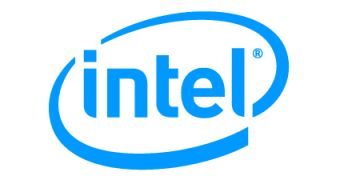On Monday, Intel launched its "Mobile and Internet Linux Project" Web site in an effort to consolidate a number of existing and new Intel projects to improve the Linux kernel and open-source software components. Intel's chief Linux and open-source specialist, Dirk Hohndel said, as cited by the news site ZDNet, that the company now has "quite a bit more than a dozen" programmers for Linux and open-source projects.
Among Intel's Linux and open-source projects, there are efforts to improve power management, graphical user interfaces, wireless networking, Web browsing and software applications for mobile devices. Two dedicated Linux companies will help Intel code and release a number of these projects, the Ubuntu developer Canonical and the Chinese Linux company Red Flag. "We see this as the technology incubator for a lot of things that are going to be productized in three years," Hohndel said. He wouldn't comment on the project's magnitude, but he said, "My internal funding shows that top management is taking this seriously."
A number of software and hardware companies already started building Linux based mobile gadgets, but with only limited success for now. Among the finalized projects, there are two cell phone (Nokia 770 and the newer N800), a Web based AOL-gateway and a palm named Foleo that didn't receive much appraisal. A major focus of Intel's mobile and Linux based projects will be the constant improvement of programming tools as most developers write, test and debug a software on a regular PC before moving it to a mobile gadget, say a cell phone, or some kind of prototype for further in-depth testing.
"One of the hardest problems is to get software stacks onto these devices," Hohndel said. "We think this is a major step forward to make it easier to develop." Even if Intel has no intention of releasing a Linux based operating system (at least not in the near future), the chip producing company will be hosting source code (all under the open software license) and several development tools as mailing lists.

 14 DAY TRIAL //
14 DAY TRIAL //